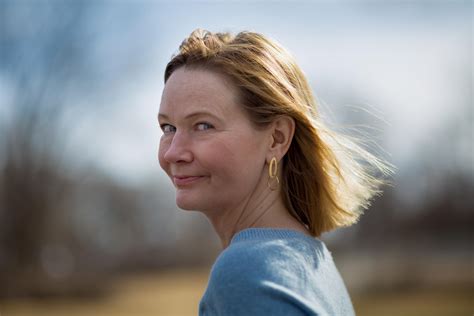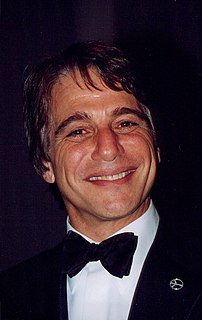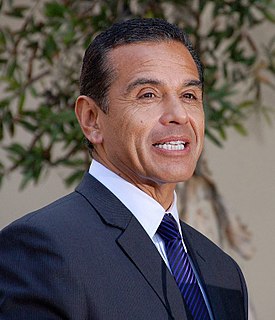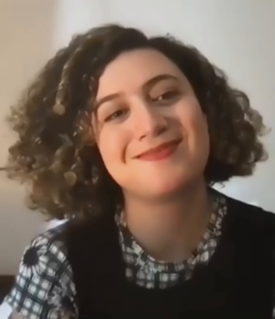A Quote by Jacinda Ardern
The teacher crisis is something we are really worried about during the byelection in Mount Albert. I counted, across a month, seven teachers I identified just in my area who were all leaving - not the profession but Auckland.
Related Quotes
I know that sometimes when you are really worried about something, it ends up not being nearly as bad as you think it will be, and you get to be relieved that you were just being silly, worrying so much over nothing. But sometimes it is just the opposite. It can happen that whatever you are worried about will be even worse than you could have possibly imagined, and you find that you were right to be worried, and even that, maybe, you weren't worried enough.
There's a small movement of teacher-led schools across the country. These are schools that don't have a traditional principal, teachers come together and actually run the school themselves. That's kind of the most radical way, but I think something that's more doable across the board is just creating career ladders for teachers that allow certain teachers after a certain number of years to inhabit new roles. Roles mentoring their peers, helping train novice teachers to be better at their jobs, roles writing the curriculum, leading on lesson planning.
I had a hole in my voice. I still do. We call it a hole, but it's an area in the voice where it's air. And my classical teachers were just so frustrated with me because I would have these deep, low notes that were really strong, and the higher register was strong, but right in the middle area, it was really hard.
I had a hole in my voice. It's an area in the voice where it's air. It's just - there's no - it's just very airy. And my classical teachers were just so frustrated with me because I would have these deep, low notes that were really strong, and the higher register was strong, but right in that middle area, it was really hard. It was like a passage. And many singers go through this and work it out. But I realized in jazz, I could just take advantage of that and take advantage of having a voice that was very different in different areas.
Unless we are holding ourselves accountable day in, day out, not just when there's a crisis for folks who have power and influence and can hire lobbyists, but for the nurse, the teacher, the police officer, who, frankly, at the end of each month, they've got a little financial crisis going on. They're having to take out extra debt just to make their mortgage payments. We haven't been paying attention to them. And if you look at our tax policies in America, it's a classic example.
It seemed from the media that we were being told that all Haitians had AIDS. At the time, I had just come from Haiti. I was twelve years old, and the building I was living in had primarily Haitians. A lot of people got fired from their jobs. At school, sometimes in gym class, we'd be separated because teachers were worried about what would happen if we bled. So there was really this intense discrimination.
Black History Month is dedicated to heroes that paved the way for Black people. It's a month that's very imperative because it gives those who lack the knowledge of our heroes a chance to gain insight. It's not just about the month, it's about the years that it took for us to get to this one month and it's beyond placing a value on how much Black History Month really means to me.

































